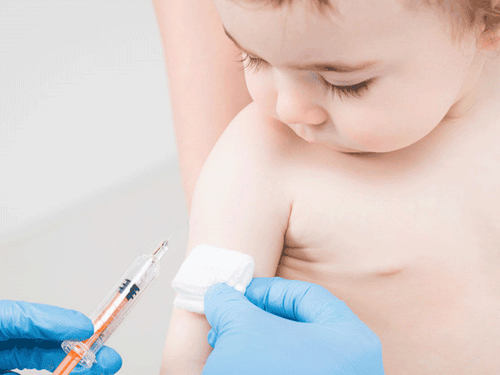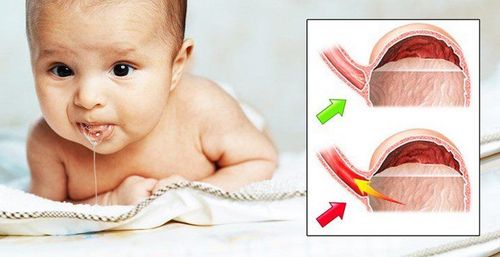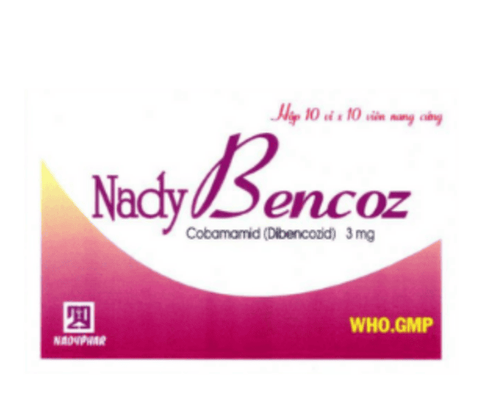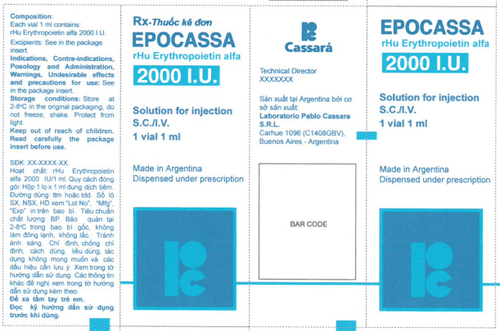This is an automatically translated article.
This article is professionally consulted by Master, Resident Doctor Dang Thi Ngoan - Pediatrician - Neonatologist - Department of Pediatrics - Neonatology - Vinmec Ha Long International Hospital. Uncle used to be a lecturer in the Department of Pediatrics - Hai Phong University of Medicine and Pharmacy, and was granted a certificate in Pediatrics at home and abroad such as: Westmead Hospital, Australia; Hai Phong Medical University. Doctor has strengths in the diagnosis and treatment of diseases in infants and young children.Premature babies are babies born before 37 weeks of gestation, usually weighing less than 2500g. The younger the gestational age, the higher the risk of serious complications. Therefore, parents need to have knowledge about the care and nutrition of premature babies at home.
1. Nutrition for premature babies at home like?
Breast milk is always the best source of nutrition for babies, especially premature babies, because breast milk is easy to digest and absorb. When breastfeeding, babies will less likely to have problems such as gastroesophageal reflux in children, milk allergy ... In addition, breast milk also provides a full range of immune factors for children to cope with infectious diseases... Therefore, mothers need to breastfeed their babies from day one.
The amount of milk needed for premature babies is:
The first day 60 ml/kg/day The second day 90 ml/kg/day The third day 120 ml/kg/day The fourth day 150 ml/kg/day In addition , mothers remember to divide the number of feedings for babies into 8-12 times/day. If the baby is not able to suckle, it must be poured with a spoon or a nasogastric tube, and babies under 32 weeks need to be fed with a tube. If the baby is able to suckle, feed as many times a day as the baby needs.
In the first days, with infants weighing less than 1500g, with a small amount of food, it is possible to add glucose 5-10% 80-100 ml/kg. However, mothers also need to pay attention that the mouth muscles of premature babies are quite weak, so sometimes they are not strong enough to suck milk. At that time, the mother must be patient, not discouraged. When your baby stops nursing, it doesn't mean she doesn't want to breastfeed anymore or is full - the main reason is that she doesn't have the strength to suckle. Mothers need to understand that in order to have appropriate comfort.
In addition, can refer to the use of additional drugs for premature babies as follows:
Vitamin K 1-2mg/day IM or 1mg/week until the child reaches 40 weeks of gestation, adjust Vitamin C 50mg /day x 1 month Vitamin B1 1mg/day x 1 month Vitamin D 800 units/day from the time the child eats it by mouth Vitamin E 20mg/kg/day, from the 2ndx3-4 week Iron Sulfate 2mg/day from the week 4-6 Folic acid 50 micrograms/day. However, these drugs should only be given to premature infants when approved by a doctor. Each child's needs are different, so the amount of nutrients above can also vary.

2. Caring for premature babies at home
In addition to breastfeeding regularly during the day, monitor to see if the baby is healthy, the child urinates at least 6 to 10 times a day, the child gains weight regularly, the urine is clear.
2.1 Be careful of children with gastroesophageal reflux Besides, premature babies are prone to spitting up or refluxing. Vomiting when a little milk spills out at the corner of the mouth after each feeding, this is a normal phenomenon, you can hold the baby's head high when feeding to limit this situation.
And gastroesophageal reflux is when a child vomits several times a day, this is a pathological phenomenon parents should pay attention to. Gastroesophageal reflux can make children slow to gain weight or not gain weight, prone to recurrent pneumonia, crying and twisting often at night. If the child has gastroesophageal reflux, parents need to take the child to a pediatrician for monitoring and active treatment.
In case the mother has no milk or little milk, must give the child formula milk, it is necessary to see if the child has a milk allergy, has a diarrhea disorder... The use of milk also needs to follow the instructions of the doctor. pediatrics to be age-appropriate.

2.2 Hygiene in child care Parents and carers need to pay attention, wash their hands with antibacterial soap before taking care of children. People with respiratory illness or flu should not contact and care for children, do not smoke near children.
Need to change clothes and clothes for children every day, when clothes or diapers are wet, they must be changed immediately. Bathe children every day with boiled water to warm enough to about 37 degrees, avoid drafts while bathing...
2.3 Immunizations The first vaccination for children is tuberculosis and hepatitis B virus, in young children. Months weighing > 2,000g will be vaccinated as soon as they are discharged from the hospital or at the beginning of 2 months of age. Children weighing less than 2,000g will be vaccinated at 2 months of age.
In addition, there are other health problems of the child that need to be monitored and examined periodically under the guidance of a pediatrician or neonatologist...

3. Danger signs need to take the child to a medical facility for examination
If a premature baby has the following danger signs, parents need to take the child to a medical facility as soon as possible:
Jaundice increases rapidly, sleeps a lot, it is difficult to wake up The baby sucks poorly, has difficulty breathing, around the lips, blue eyes or mouth. Fever or hypothermia, No urination > 12 hours, no bowel movements > 4 days or black, bloody stools... Thus, when caring for and nutrition for premature babies at home, parents need to pay much attention. Moreover, because the child's body is still very weak and the organs are not yet complete, it is very easy to be at risk of diseases and complications. Special care for premature babies will help them adapt and develop as well as normal full-term babies.
As a key area of Vinmec Health system, Pediatrics Department always brings satisfaction to customers and is highly appreciated by industry experts with:
Gathering a team of top doctors and nurses in Pediatrics : consists of leading experts with high professional qualifications (professors, associate professors, doctorates, masters), experienced, worked at major hospitals such as Bach Mai, 108.. Doctors All doctors are well-trained, professional, conscientious, knowledgeable about young psychology. In addition to domestic pediatric specialists, the Department of Pediatrics also has the participation of foreign experts (Japan, Singapore, Australia, USA) who are always pioneers in applying the latest and most effective treatment regimens. . Comprehensive services: In the field of Pediatrics, Vinmec provides a series of continuous medical examination and treatment services from Newborn to Pediatric and Vaccine,... according to international standards to help parents take care of their baby's health from birth to childhood. from birth to adulthood Specialized techniques: Vinmec has successfully deployed many specialized techniques to make the treatment of difficult diseases in Pediatrics more effective: neurosurgery - skull surgery, stem cell transplantation. blood in cancer treatment. Professional care: In addition to understanding children's psychology, Vinmec also pays special attention to the children's play space, helping them to have fun and get used to the hospital's environment, cooperate in treatment, improve the efficiency of medical treatment.
Please dial HOTLINE for more information or register for an appointment HERE. Download MyVinmec app to make appointments faster and to manage your bookings easily.














